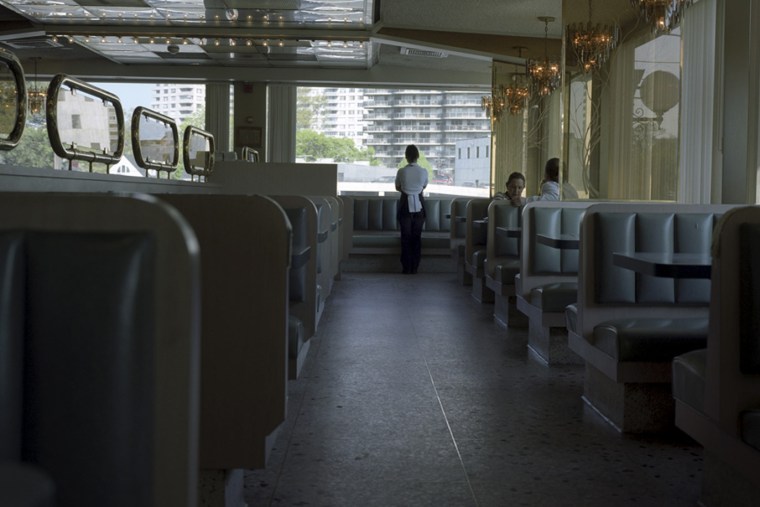The idea is called "tip pooling," which may sound harmless, but the Trump administration's approach to the policy would be dangerous for millions of working-class Americans.
Last year, the Trump administration unveiled a proposal to undo Obama-era safeguards, which required employers who pooled tips and gratuities to distribute them back to waitstaff. Under the new plan, employers could "use workers' tips for essentially any purpose, as long as the workers were directly paid at least the federal minimum wage of $7.25 an hour."
Among the possible outcomes: employers could legally put some of the pooled tips in their own pocket. The Economic Policy Institute estimated that workers would stand to lose roughly $5.8 billion a year.
And as it turns out, the Republican administration came to a similar conclusion. Trump's Department of Labor prepared a study on the possible consequences of the plan, and researchers found significant losses for workers. According to a Bloomberg Law report last month, Labor Secretary Alexander Acosta and his team were "uncomfortable" with the findings, so they "removed" the data they didn't like.
Yesterday, the story got a little worse.
Labor Department leadership convinced OMB Director Mick Mulvaney to overrule the White House regulatory affairs chief and release a controversial tip-sharing rule without data showing it could allow businesses to skim $640 million in gratuities.Mulvaney sided with Labor Secretary Alexander Acosta over the government's rulemaking clearinghouse -- a little-known but critical wing of the White House called the Office of Information and Regulatory Affairs -- three current and former executive branch officials told Bloomberg Law. That allowed the department to delete from the proposal internal estimates showing businesses could take hundreds of millions in gratuities from their workers.
So to review, Team Trump unveiled a plan to screw over waitstaff workers. The administration then did a study, didn't like the results, and edited the report to take out the embarrassing parts. Those officials then went to the White House's far-right budget director, who endorsed hiding the data on the administration's plan.
No, seriously, that's what happened.
Yesterday, as the Washington Post reported, Congress intervened.
In December, the Labor Department proposed a rule that would allow employers such as restaurant owners to "pool" their employees' tips and redistribute them as they saw fit — including, potentially, to themselves. That generated a bipartisan outcry, and the [new omnibus spending bill] spells out explicitly in law that tip pooling is not permitted:"An employer may not keep tips received by its employees for any purposes, including allowing managers or supervisors to keep any portion of employees' tips, regardless of whether or not the employer takes a tip credit."
Unless something happens in the 11th hour to derail the new government spending bill, the Trump administration's wage-theft, I mean, tip-pooling plan will not be implemented, at least not anytime soon.
The larger question, though, is why the Republican administration thought this would be a good idea in first place. I also wonder how many tipped workers across the country voted for Donald Trump, not realizing that he and his team would soon go after their gratuities.
